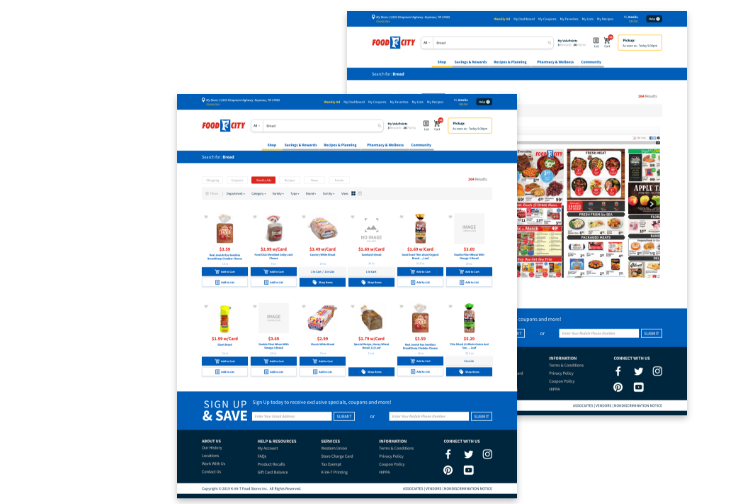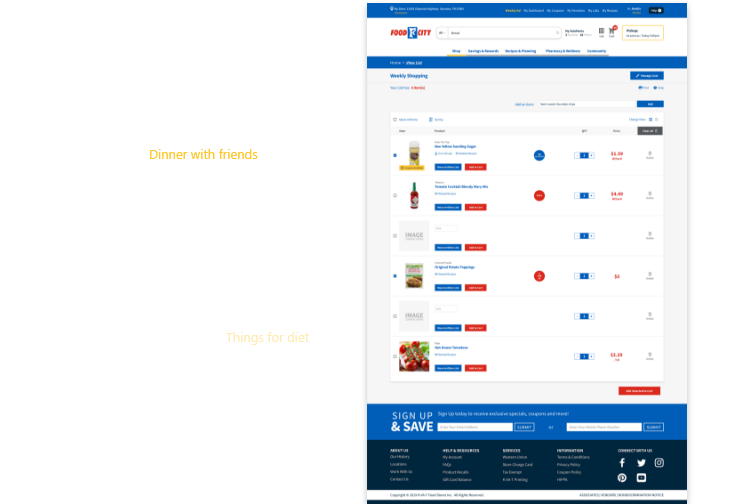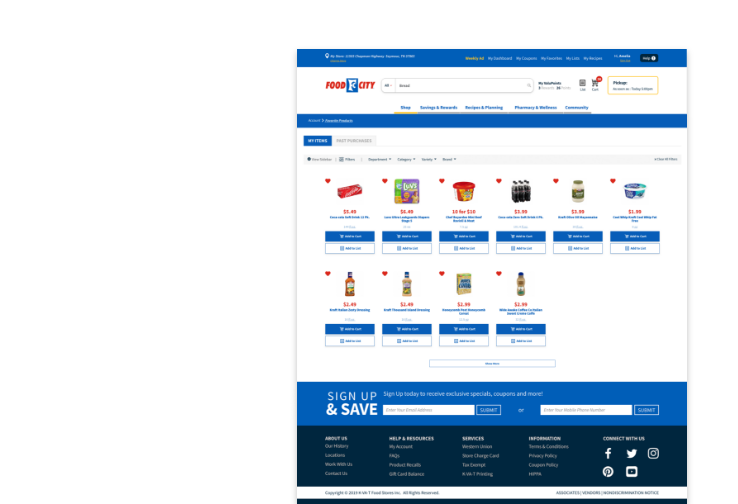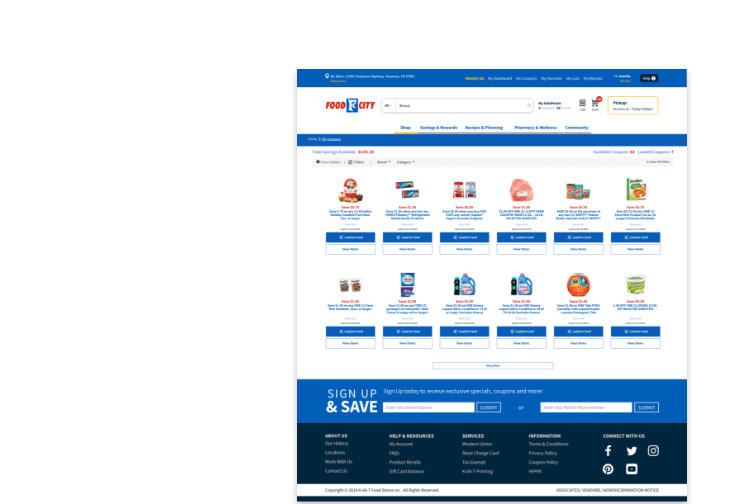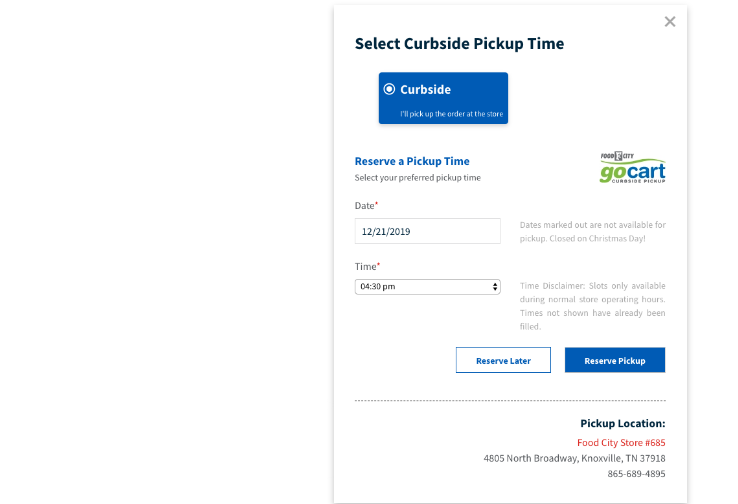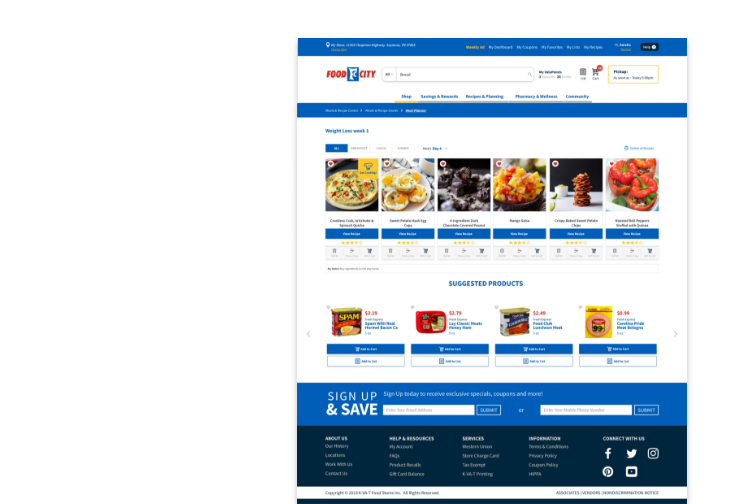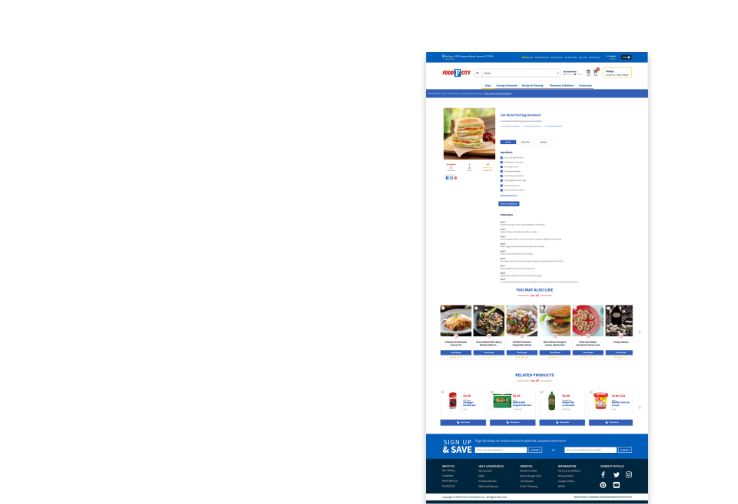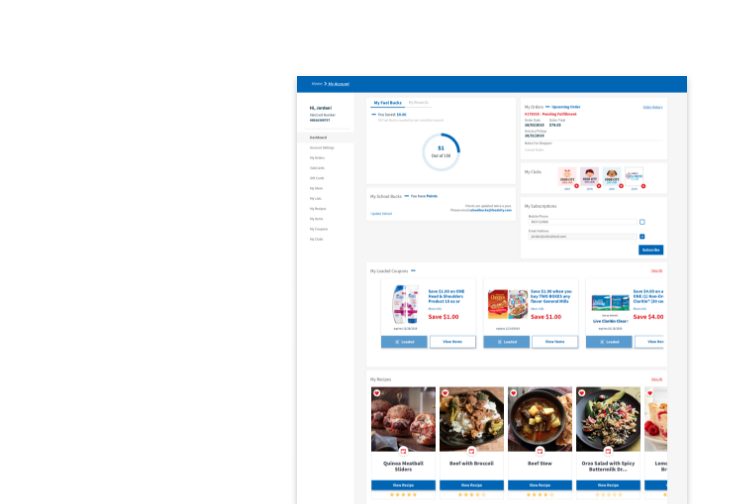
Wellness Club — Improving Medication Adherence
Abingdon, VA. -
Monday, Jan 1, 2024.
Written by: Rebecca Webb, PharmD Pharmacy Clinical Services Manager
Are you searching for a New Year’s resolution for 2024? Why not make improved medication adherence your choice as you start this new revolution around the sun? Medication adherence is, simply put, taking your medications exactly as prescribed by your healthcare provider. It involves taking the right medication, at the right dose, in the right way, at the right frequency, and for the right amount of time. It does not necessarily mean that perfection is expected, as we are all human. However, the better your medication adherence, the better controlled your chronic medical conditions and the better your overall health will be. You are the most important person in managing your own health outcomes. Empower yourself to make a change this year and choose to improve your medication adherence in 2024.
Consequences of Nonadherence
In general, nonadherence to prescribed medications is associated with adverse health outcomes, higher rates of hospitalization, increase in deaths, and elevated health care costs. According to the Centers for Disease Control and Prevention (CDC), each year in the United States medication nonadherence causes around 30% to 50% of chronic disease treatment failures, up to 25% of hospitalizations, around 125,000 deaths, and $100 billion to $300 billion in health care costs. When you are nonadherent to your medications, not only may you miss out on the health benefits and the quality-of-life improvements, but it may also result in major long-term medical and financial issues down the road. Make medication adherence a priority now and potentially avoid becoming a statistic this year.
Reasons for Nonadherence
Many factors, both intentional and unintentional, may influence compliance to a prescribed medication regimen. Oftentimes, it is a combination of reasons that results in nonadherence. Patient-specific factors may include impairment (e.g., visual, cognitive, mobility, swallowing, etc.), forgetfulness, inadequate knowledge or understanding, difficulty with use (e.g., with injections, inhalers), frustration, lack of motivation, or uncertainty in effectiveness. Therapy-related factors affecting adherence may be side effects, the complexity of the drug therapy regimen (e.g., multiple medications with different dosing schedules, frequent changes to the regimen), or difficulty obtaining medication refills from the prescriber. Additional factors resulting in nonadherence may include cost or pharmacy access/lack of transportation. It is important to be able to identify which reason(s) are affecting adherence to prescribed medications so then work can be done to resolve them.
Resolving Nonadherence
Once the decision has been made to make adherence a priority and the reason(s) for nonadherence have been identified, then the necessary steps can be taken for improvement. These steps may include:
• utilizing pillboxes to organize medications.
• setting reminder alarms on a watch, clock, or smartphone.
• utilizing smartphone medicine reminder apps.
• keeping medication calendars with prescription bottles.
• placing reminder notes in obvious locations.
• associating medications with part of an everyday routine (e.g., brushing teeth, making coffee, etc.).
• pharmacy electronic medication refill reminders (e.g., phone calls, text messaging).*
• pharmacy automatic refill programs.*
• switching to 90-day supplies for medications.*
• monitoring the number of refills left on each prescription bottle.
• compiling a complete list of medications, including the name, strength, directions, indication, and prescriber for each medication.
• recording the appropriate monitoring parameters (e.g., blood pressure, blood glucose, etc.) to establish effectiveness in therapy.
• staying up to date on appointments with primary care provider/medication prescriber(s).
• planning appropriately for medications when traveling.
• engaging family members or friends for assistance and encouragement.
*Ask your local Food City Pharmacy for more information.
How Your Food City Pharmacy Team Can Help You Improve Medication Adherence in 2024
Your Food City Pharmacy team plays an important role in your medication therapy. They are available to assist with your medications needs, including helping you improve adherence. Your pharmacy team wants to see you reach your adherence goals and obtain optimal health outcomes. Ongoing communication with them is an imperative part. Let them know about any changes to your medications (e.g., changes in directions, medications you have stopped taking per your prescriber, etc.). Also, remember to let your pharmacy know if your phone number, address, or insurance has recently changed. Additionally, make sure you have your Food City Pharmacy’s phone number and hours readily available.
Talk to our pharmacists. Food City Pharmacists are the medication experts. They want to take the time to speak with you about your medications. Your pharmacists can explain what each of your prescribed medications is for, how it works, how to use it (e.g., with injections or inhalers), when to take it, how it should be taken in regard to food or other medicine, what to do if you miss a dose of it, potential side effects to look for with it, how to manage those potential side effects if they occur while taking it, and possible alternatives to be prescribed if the medication cannot be taken (e.g., due to cost, side effects, etc.). Connect with your local Food City Pharmacists today and benefit from their wealth of medication knowledge in improving your adherence in 2024.
References:
1. Why You Need to Take Your Medications as Prescribed or Instructed. U.S. Food & Drug Administration (FDA) website. https://www.fda.gov/drugs/special-features/why-you-need-take-your-medications-prescribed-or-instructed. Accessed December 8, 2023.

